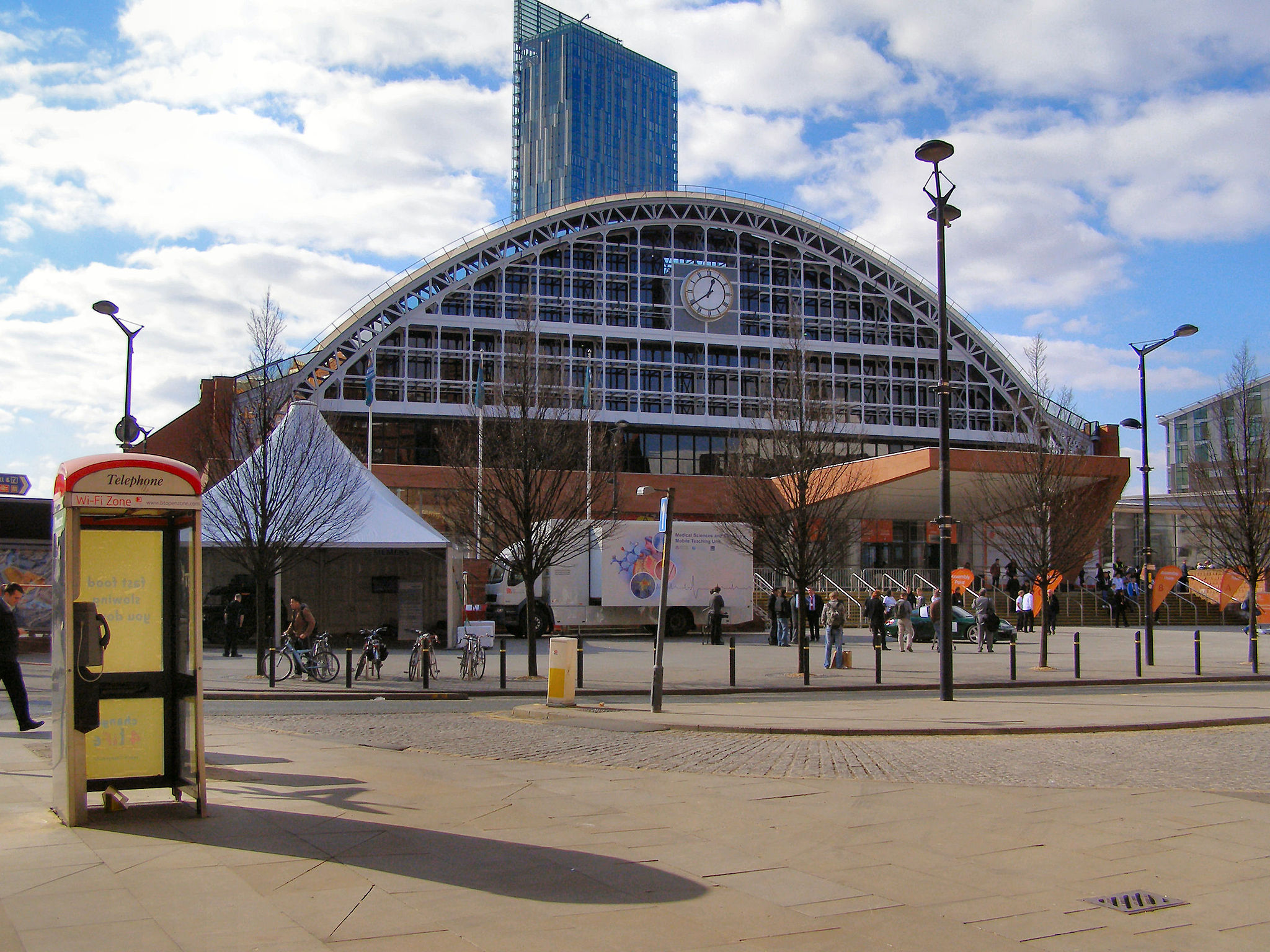During IATEFL 2015, I made extensive notes about the sessions that I attended, as I had planned to write up summaries for this blog. It seems, however, that my own recollections of, and reactions to, many sessions have become weaker in the weeks since the conference. However, there’s already quite a lot of material available online, including video recordings of selected sessions and interviews; there are also many brilliant blog posts out there, which report and reflect on aspects of the conference, and many are much better than what I would have written anyway. Here’s a selective summary:
Two Plenaries
Throughout the conference, Sandy Millin tirelessly live-tweeted about the sessions she attended. She has also written excellent summaries of the first two plenaries, by Donald Freeman and Joy Egbert, which you can read in her blog. To be honest, I was somewhat relieved to read the introduction to her post, as it has made me feel less guilty for falling behind with my writing:
Before IATEFL 2015 I said I’d try to publish at the end of each day of the conference. I should have learnt by now that there’s no way that will ever happen because I don’t have time to think, much less blog during the conference! Instead I decided to group my posts by themes I found in the talks I chose to see. The first two plenaries didn’t really fit any of these, hence this post. The other posts will hopefully appear over the next few days…
I think that I speak on behalf of more than myself in saying that we are all looking forward to the next posts as well.
He’s not the messiah, he’s a very naughty boy!
In my very subjective opinion, one of the most thought-provoking talks of the conference was delivered by Russ Mayne and Nicola Prentis. Steve Brown has written a rather creatively titled summary in his blog, and this is how it begins:
Russell Mayne and Nicola Prentis gave an interesting presentation entitled “Where are the women in ELT?” According to their research (which, they freely admit, may not follow the most robust methodology) the split between men and women working in the ELT industry is something like 60-40 in favour of women. Yet, when it comes to the “big names” in ELT (writers of influential books, keynote speakers at conferences etc.) the ratio is overwhelmingly biased towards men. They received over 500 responses to the question “Who would you say are the ‘big names’ in ELT”, and, from the responses they received, only one woman made the top 10, and only three made the top 20.
P is for Power
Scott Thornbury also wrote about Mayne and Prentis’s talk, which he used as a prompt for problematising, more broadly, issues of power that run through ELT. In his latest blog post, he begins by discussing the question of gender inequality, and then moves on to talk about the native-speaker privilege. Here’s an extract:
Ironically, these colonizing forces are particularly conspicuous at conferences in the so-called periphery itself, where the alpha (NS) males – myself included – really dominate. […] As I’ve found, it’s very hard to persuade the head of a teachers’ organization in, say, Bangladesh or Armenia, that I have nothing of value to add to what the locals already know.
And more…
- Nicola Prentis blogged about her experience of attending IATEFL with a newborn child.
- Lizzie Pinard has written detailed summaries of several sessions, which can be found in this impressive index.
- FabEnglishTeacher has written summaries of sessions she attended during the Young Learner SIG Pre-Conference Event and the first day of conference (including a kind mention of our panel)
- Laura Patsko’s presentations (How to identify pronunciation priorities in the multilingual classroom, and ‘The ear of the beholder’: helping learners understand different accents) and lots of related resources are available in ELF Pronunciation.
- Joanna Malefaki has written summaries of the plenary sessions by Donald Freeman and Joy Egbert.
- Jennifer MacDonald has written a post with brief summaries of the sessions she attended.
- Finally, you can read a more critical view of IATEFL by Geoff Jordan, who had argued that the conference prioritised PR over “critical examination of important issues”. Geoff argues that he’d like to see interviews that probe deeper into the important issues facing the profession, and also appears rather sceptical of what was said about testing (update: all three links are no longer active).
This is, of course, a very partial list – both in the sense that it is incomplete, and in the sense that it features people whom I happen to follow and like. So, if you happen to come across any other online resource with useful information about IATEFL, which I have missed, I’d very much appreciate an email about it, or alternatively you may prefer to write about it in the comments section.
About this post: This post was originally published in April 2015, a couple of weeks after IATEFL 2015. It was most recently revised in March 2020, when I updated inactive links. The featured image is by David Dixon, shared under a CC-BY-SA-2.0 license via Wikimedia Commons

Leave a Reply